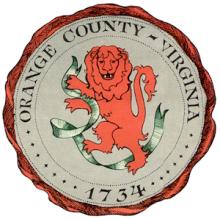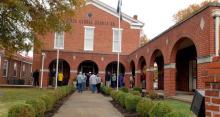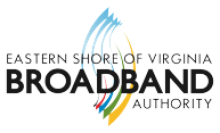Grassroots Broadband Groups Grow Across the U.S.
Community networks are hyper-local movements. As we have researched these networks, we have often uncovered the work of grassroots activists trying to make a difference in their cities. Today, we've gathered together a collection to show how small groups of local people can make a big difference.
Virginia Friends of Municipal Broadband -- This statewide organization of citizens and activists quickly formed in opposition to the proposed Broadband Deployment Act of 2017 in Virginia. They collected statements on why the proposed law would be sour for community networks and published a press kit to help people talk about the issue.
Yellow Springs Community Fiber -- This group formed in Yellow Springs, Ohio, to have the city consider building a community network. They hosted a public forum and created a survey to gauge residents' interest in such a project. They even published a white paper about their proposal, and the city issued an RFP to explore the option.
Upgrade Seattle -- This campaign for equitable Internet access encourages folks to support a municipal network in Washington state's largest city. The Upgrade Seattle group hosts neighborhood study sessions and encourages residents to learn more and attend city council meetings.
Holland Fiber -- Holland, Michigan, has been incrementally building a fiber network, and much of the impetus came from the Holland Fiber group. Local entrepreneurs, business owners, and residents realized that high-speed connectivity would be an asset to this lakeside tourist town.






 The editors at the Times point out that, much like in the 1930s when President Franklin D. Roosevelt vowed to electrify every rural community, private firms don’t venture where lack of profit doesn’t justify an investment. "This points the way to one possible fix that even the Journal highlights: Government intervention," writes the Times editors.
The editors at the Times point out that, much like in the 1930s when President Franklin D. Roosevelt vowed to electrify every rural community, private firms don’t venture where lack of profit doesn’t justify an investment. "This points the way to one possible fix that even the Journal highlights: Government intervention," writes the Times editors.


